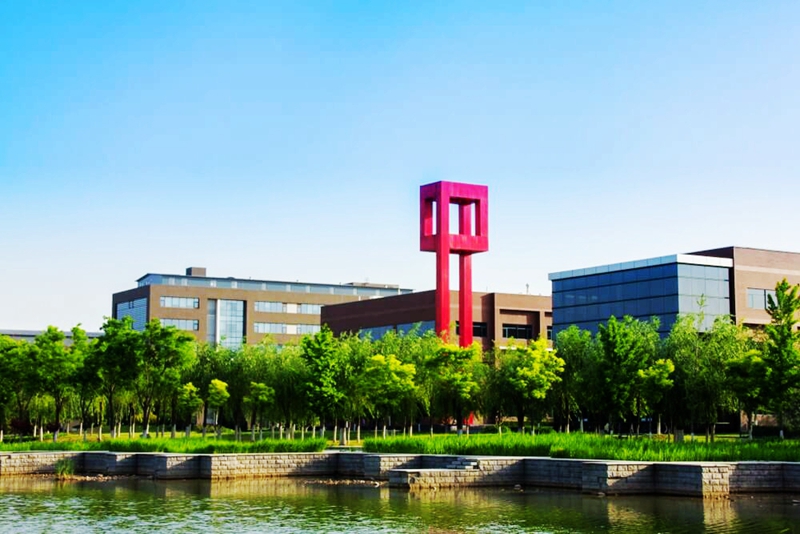In between practising your Mandarin and slurping oodles of noodles, international students in China can now partake in the joyous world of work in the Asian republic.
To Australian student Thomas Linnette, the move is a “welcome change” that will see a large jump in the number of students seeking part-time employment in China.
“I love China. I have a girlfriend here, and I’m ready to start my life here with her after I graduate,” he said.
“China is growing quite fast, with new and innovative industries springing up every day … I want to seize this growth opportunity and grow with China.”
So far, the 21-year-old who is studying at Tsinghua University has interned at consultancy firm KPMG and is set for another stint at e-hailing company Didi Chuxing.

Linnette’s internship experience is made possible by the country’s gradual relaxation of employment policies for international students, like Shanghai’s 2015 pilot program allowing foreign graduates from Chinese universities to intern.

Around the same time, international students in Beijing were permitted to work part-time in companies within the city’s Zhongguancun Science Park, thanks to new policies introduced by the Public Security Ministry.

Last year, postgraduate students or those from “well-known” universities were allowed to obtain Chinese work permits directly after graduation without having to prove a minimum of two years’ work experience outside China.
Relaxing visa policies is a strategy that makes sense, according to Wang Huiyao, director of the Center for China and Globalization, an independent think tank. Graduates can apply what they learn in the real world while domestic enterprises planning to expand overseas can benefit from having foreign employees.
Unsurprisingly, this new development adds to the growing list of factors making China more attractive to global applicants as well.
As the country grows more economically prosperous, so too has its higher education sector among prospective international students worldwide.
 丝路来华(北京)教育科技有限公司
丝路来华(北京)教育科技有限公司 Array
Array
 English
English Deutsch
Deutsch Tiếng Việt
Tiếng Việt 한국
한국 ภาษาไทย
ภาษาไทย Pусский
Pусский Español
Español Français
Français 中文简体
中文简体

